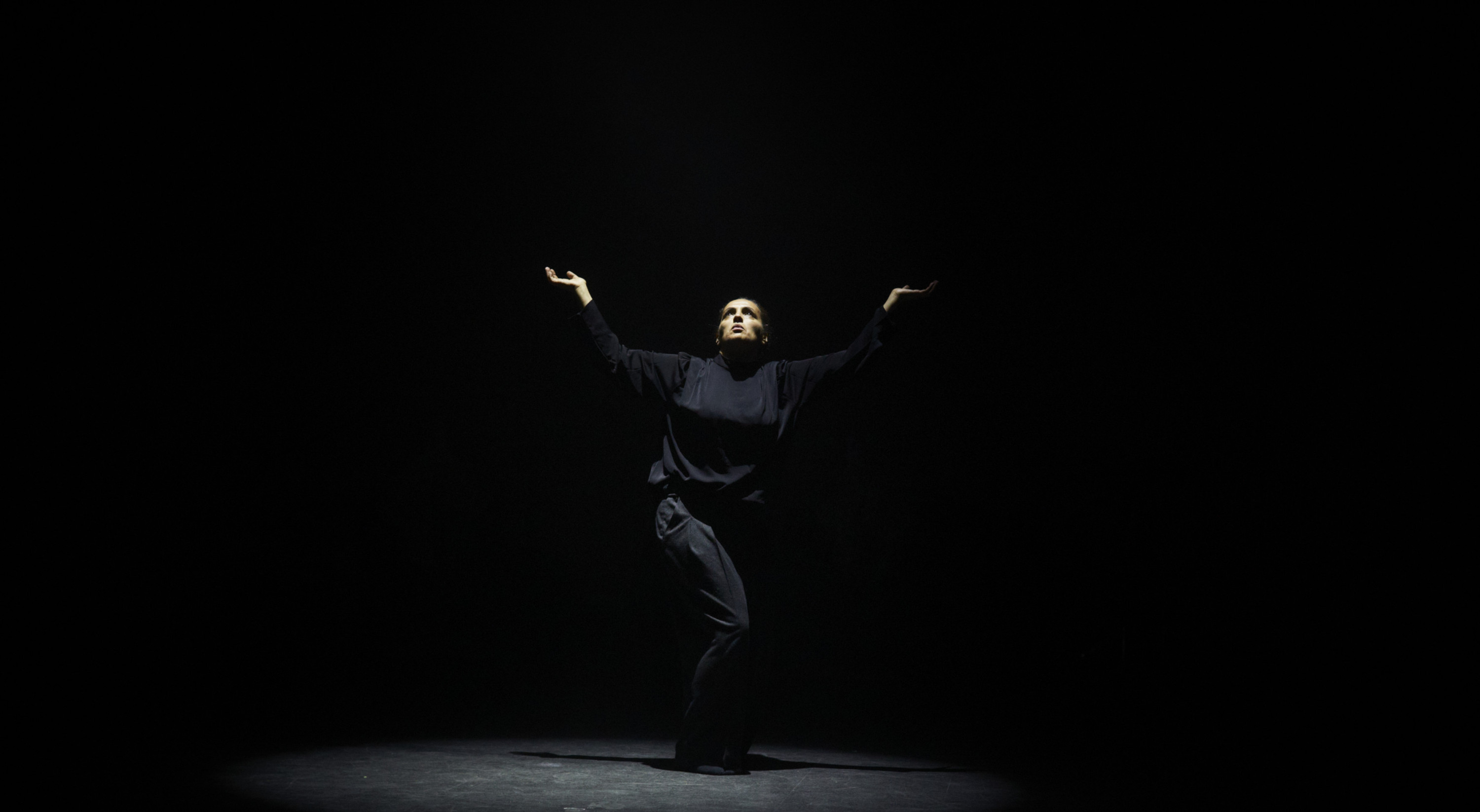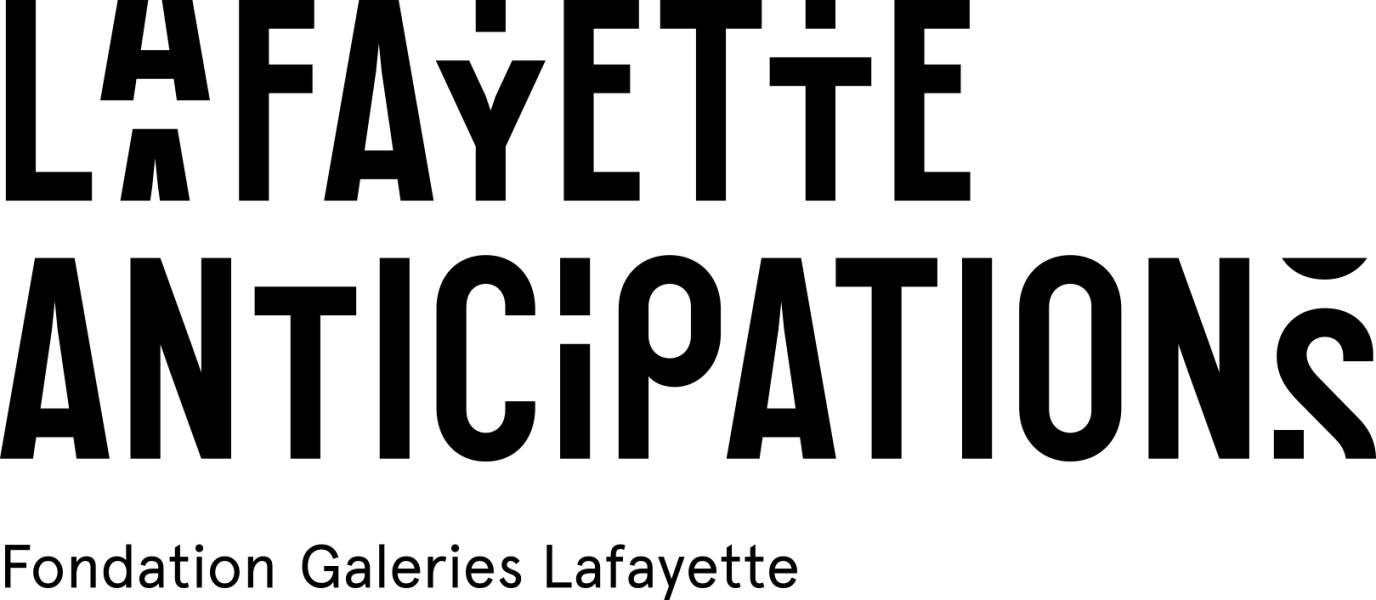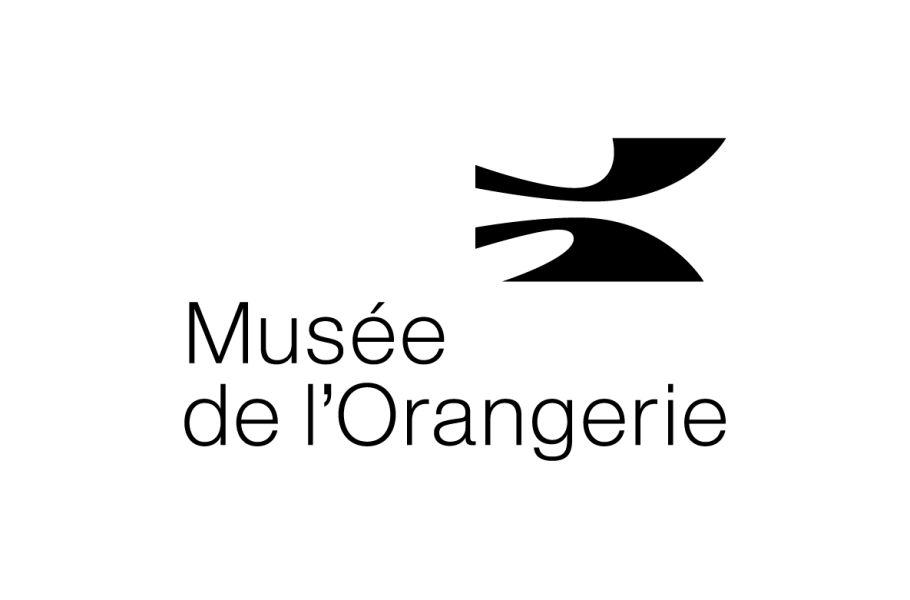Dalila Belaza
Figures (version performative)
septembersept 21 – 22
octoberoct 14
Conception, artistic direction, choreography, sound and lighting design Dalila Belaza. Material character creation Jeanne Vicérial. Performance Dalila Belaza. Material character double Aragorn Boulanger. Lighting management (alternating) Sébastien Marc, Alexandre Barthélémy. Sound management (alternating) Tristan Viscogliosi, Solal Mazeran.
Production hiya compagnie – association jour
With the support of the Fondation d’entreprise Hermès as part of the New Settings programme
Coproduction La briqueterie CDCN du Val-de-Marne dans le cadre de l’accueil studio – ministère de la Culture ; Charleroi danse – Centre chorégraphique de la Fédération Wallonie-Bruxelles ; CCN Ballet national de Marseille ; Les Nouvelles Subsistances
With the support of the Drac Île-de-France –ministère de la Culture ; Région Île-de-France ; Département du Val-de-Marne
Residencies La briqueterie CDCN du Val-de-Marne ; Montévidéo, centre d’art ; Charleroi danse – Centre chorégraphique de la Fédération Wallonie-Bruxelles ; Les Brigittines (Brussels)
Provision of studio space CND Centre national de la danse
Dalila Belaza is an associate artiste at la briqueterie CDCN du Val-de-Marne
The Musée de l’Orangerie and the Festival d’Automne à Paris present this show in co-realisation, as part of the « Danse dans les Nymphéas » programme.
As part of Lafayette Anticipations' Échelle Humaine festival, organised with the Calouste Gulbenkian Foundation - Delegation in France.
In Figures, Dalila Belaza looks into the possibility of a universal rite, by inventing an imaginary traditional dance "without origin or territory" that links the present to eternity. This force takes possession of the body, echoing a heritage that each of us carries with us, often unconsciously.
Figures, a solo piece developed in parallel with the group pieces Au Cœur and Rive is an imaginary ceremony that questions the sources of the contemporary. It represents as much the culmination of research undertaken as it does its most refined aspect. Set in a liminal atmosphere, in which the intimate merges with the history of humanity, a mysterious "matter character" emerges. This figure then transcends the space, giving rise to an abstract form charged with ancestral resonances. As in some of her sister Nacera's creations, and in which Dalila has participated since their shared beginnings, body and dance emerge from the dawn of time, from the metaphorical narrative to its letting go. They are situated on the threshold of materiality and never refer to a specific tradition. Fluid and seemingly abstract, dressed in a costume that appears to have no contours, and with subliminal lighting and soundscapes, this body that has been given up to the unconscious belongs to all the communities of humanity. As in the paintings of Pierre Soulages, light can emerge from darkness, not as an intruder but as its outpouring.
In the same place


